A designer cat bed is the perfect solution for anyone who wants to combine their love of stylish living with the well-being of their pet.
Which plants are poisonous to cats
It is important to know what plants are poisonous to cats in order to provide them with a cosy and safe home. In our article, we have listed in detail which plants in the home can be dangerous for house pets and which are harmless. You can download these lists at the end of the article.
There are many plants that are safe for kitties and some that are a real joy for cats. You might think that Mother Nature has arranged it so that animals automatically recognise which plants are poisonous for cats and which are not. Unfortunately, this is not always the case. It is safer not to rely on your pet knowing what is good or bad for them. Only put up cat-safe greenery decorations. Outdoor cats are better at recognising plant dangers, but here too, safety first!
These are toxic plants for cats:
There are a large number of poisonous houseplants. To keep our kitten safe, it is worth going through all the plants and sorting out those that are poisonous to our tiger. You can give them to your parents or friends the next time you visit, provided they don’t have any four-legged friends. There are different opinions about orchids. As there is an incredible variety of orchids, they have not yet been reliably analysed. We do not recommend orchids as houseplants in a cat household.
poisonous plants
Which cut flowers are poisonous for my cat?
In principle, all cut flowers, unless they come from your own garden, are not good for our velvet paws. Cut flowers are usually heavily sprayed with pesticides and, even if they are not dangerous themselves, they are secondarily poisonous for the house cat. The most dangerous cut flower is the lily. Everything about it is poisonous, even the pollen. Tulips can cause stomach and intestinal irritation and trigger stomach cramps. The daffodil (yellow narcissus) is a popular herald of spring. Like the snowdrop, this cut flower also triggers convulsions, cardiac arrhythmia and colic in our cats. Make absolutely sure that your house cat cannot drink water from the vases. This is also poisonous in most cases.
How do I recognise whether my cat has been poisoned?
If these typical symptoms occur in your pet, it is very important to react quickly and consult a vet immediately. In the worst case, poisoning with plants can be fatal.
The symptoms of plant poisoning are
- Diarrhoea and/or vomiting
- Breathing problems
- Cramps and colic
- signs of paralysis
- Difficulties in coordination
- extreme salivation
- increasing weakness
Which plants are suitable for my pet tiger?
There are a variety of suitable and non-toxic plants for cats for the garden, balcony and indoor areas. Please look out for toxic fertilisers and ask whether the plants have been treated with chemicals when you buy them.
Suitable plants
Healthy nibbling fun for cats
The easiest way is to buy ready-grown cat grass from a pet shop or DIY store. Please make sure that it has not been fertilised or treated with pesticides. You can also simply buy wheat, barley and/or oat seed from an organic market. In a sheltered, bright and warm place, you can let the seeds sprout with a little soil and water. This way you have grown a healthy snack for your cat yourself.
A great overview of suitable and unsuitable plants can be found at www.botanikus.de

Designer cat beds: Stylish oases of peace for your cat and your home

The Right Litter Box
With today’s large and diverse selection, the question arises: which is the right litter box for my cat? …
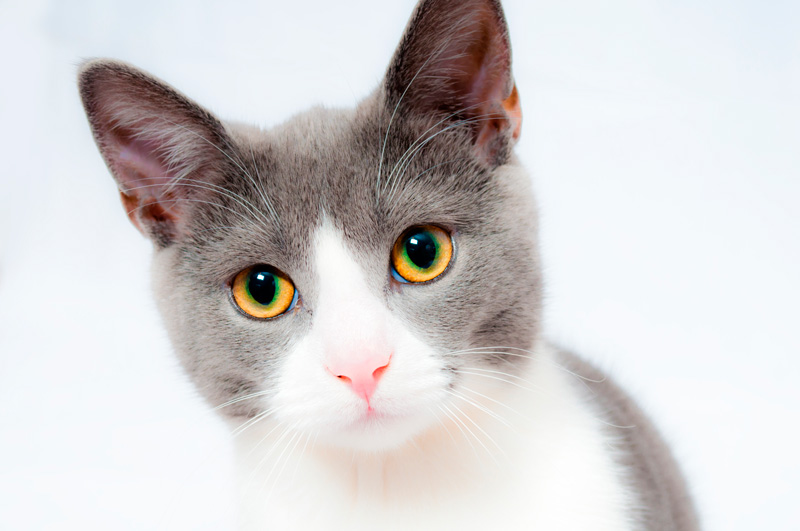
Which cat is best suited to me?
The decision has been made. A cat is going to enrich our lives and move in with us. But which house cat is best suited to me? …

What is a good cat basket?
As cats sleep up to 16 hours a day, the cat basket should be an ideal place for your cat to sleep and retreat. That’s why it’s important to pay attention to good features and criteria when buying. …
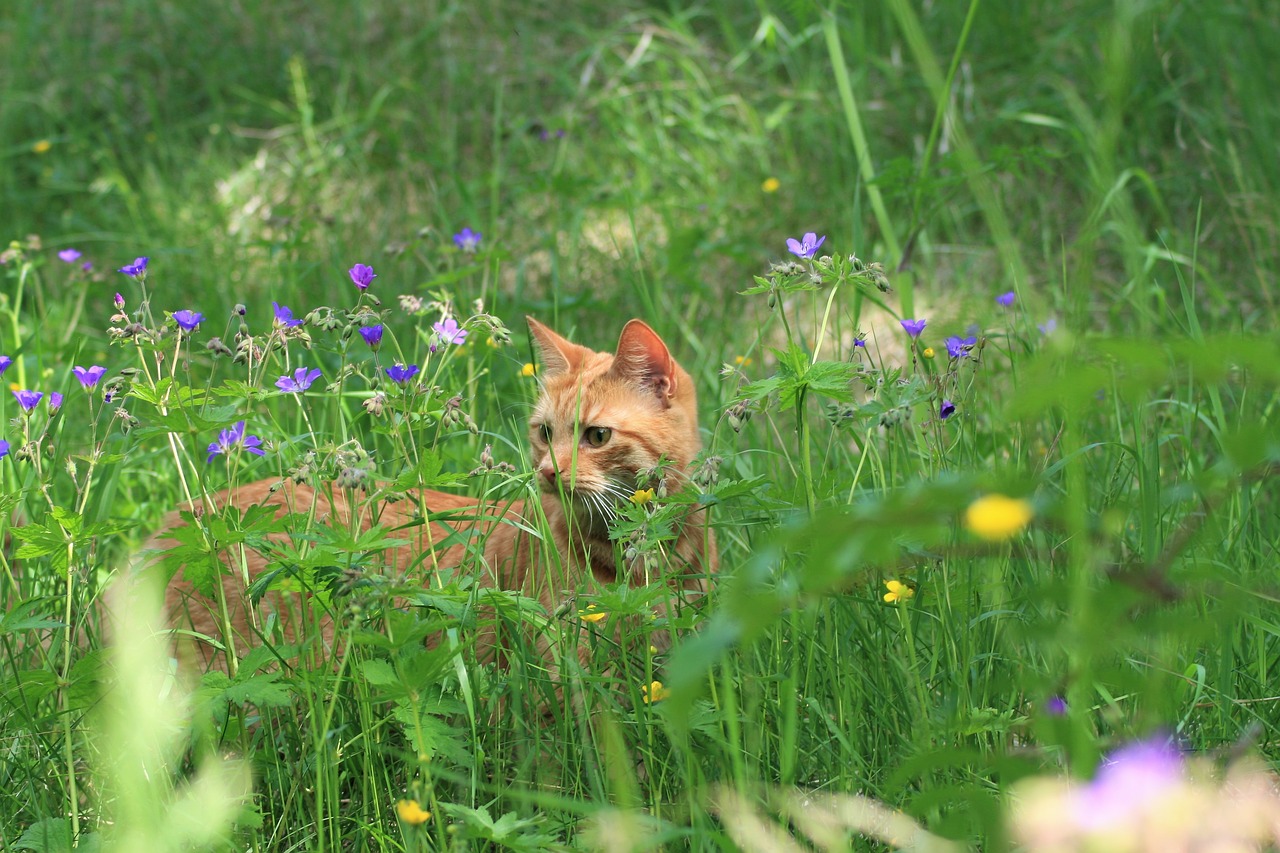




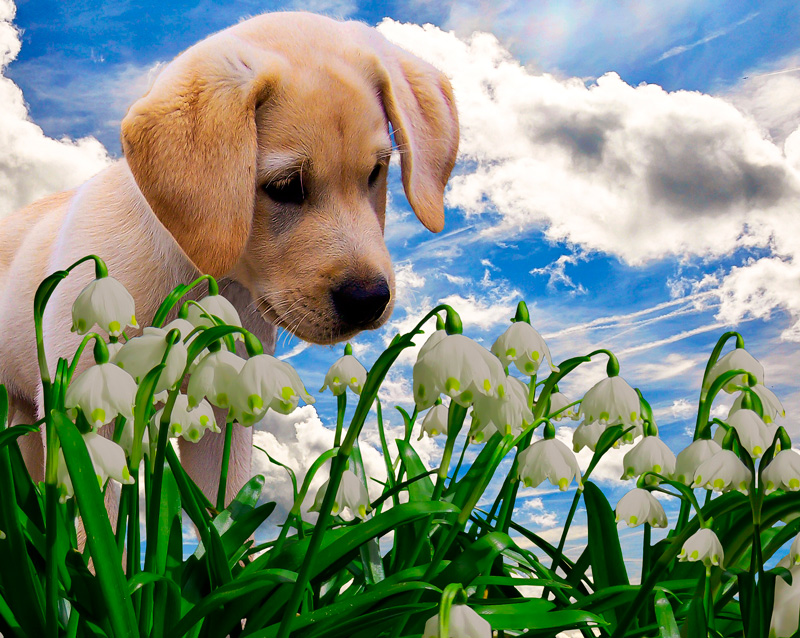
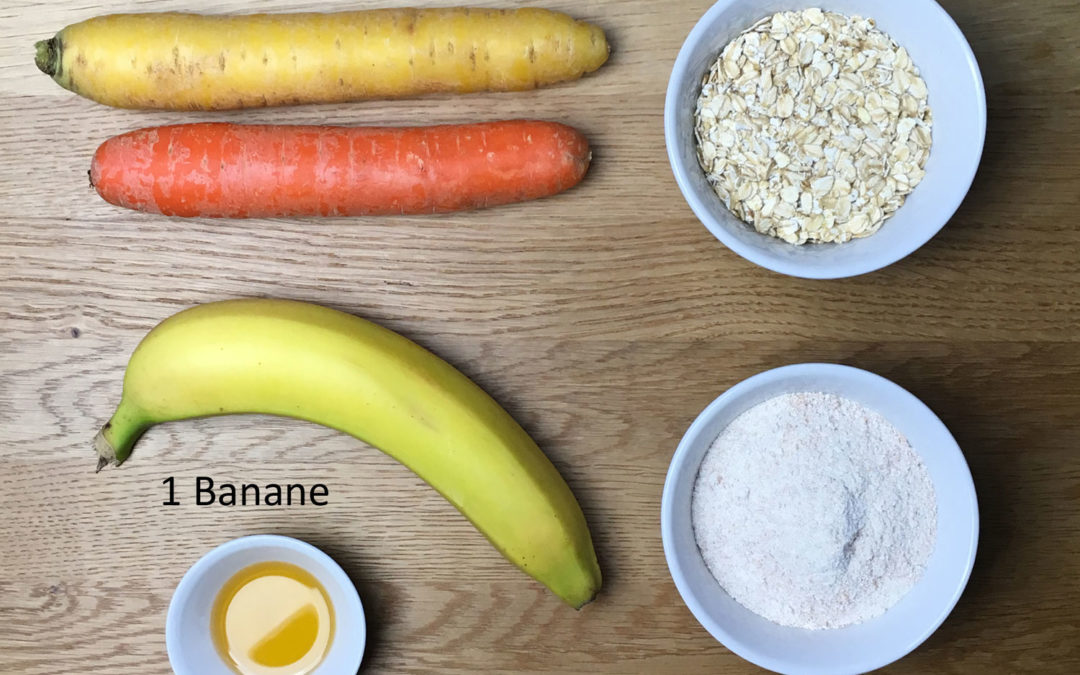
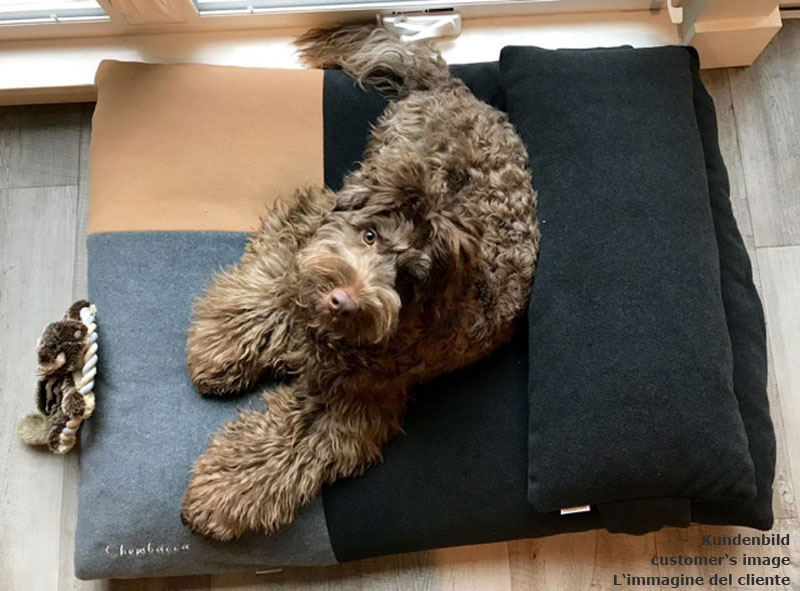


Recent Comments